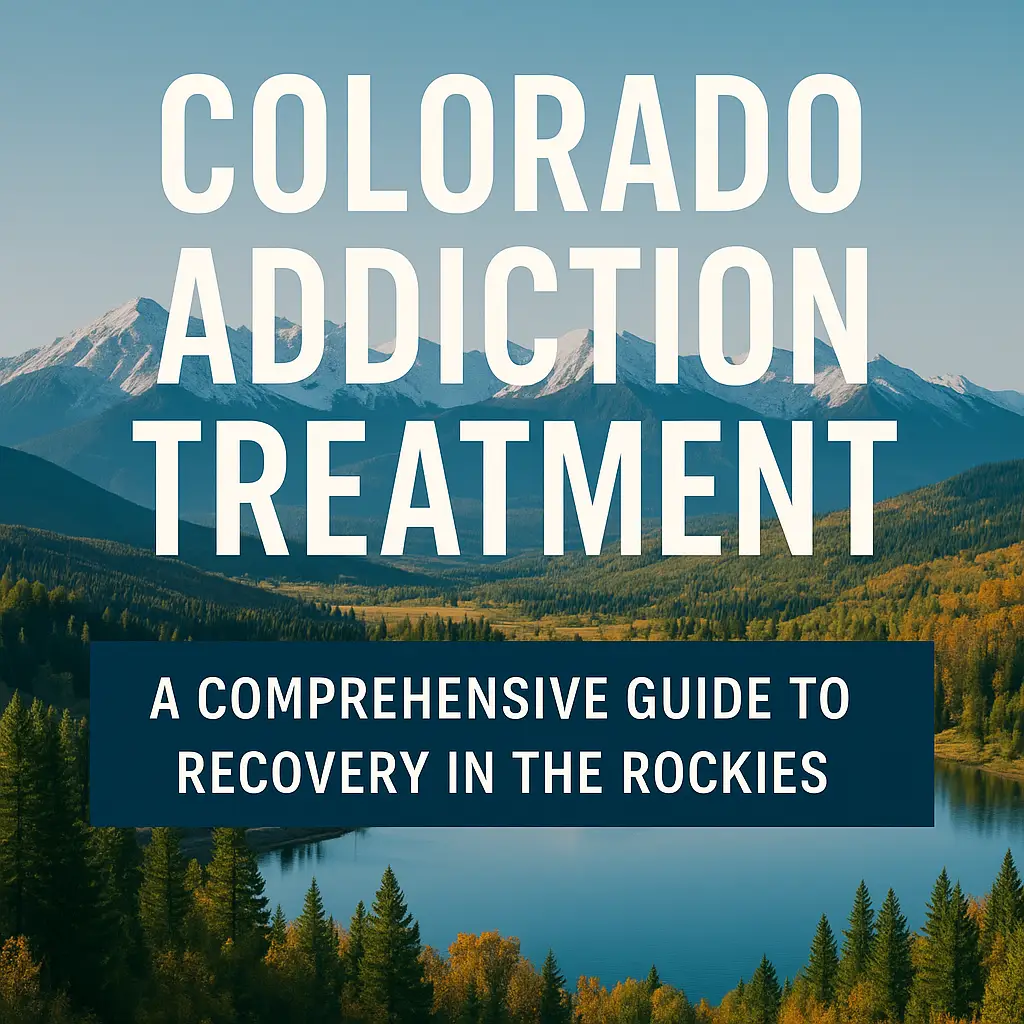Crackdown on alcoholism programs: Your helpful guide to recovery and support
Alcoholic addiction, also known as alcoholism is a deadly diseases, affecting many people and their own families across the globe. If not treated, it can cause health problems, ruin relationships, lead to legal and financial difficulties. Thankfully there are a great many alcoholism programs to choose from to assist in regaining your life.
In this article, we’ll discuss what alcoholism programs are, the types of programs available, what you can expect from them, and how to find the best one for yourself or a loved one. Not only if you are new to recovery, if you’re a person trying to help one of us who is, this is going to provide you with a clear way forward.
What Are Alcoholism Programs?
Alcoholism programs are organized treatment programs that are intended to help problem drinkers to stop drinking. The spiritedness, duration and location of these programs…and the patients handed-down somebody trust upon the needs of the individualized and the honor of their dependance. Program participants will work towards long-term sobriety with help from medical medicine, behavioral therapy and lifestyle changes.
The Importance Of Alcoholism Programs
Binge drinking, along with other forms of heavy alcohol use, is more than an unhealthy habit that ills too many Americans; it’s a symptom of a brain disease, and it’s time that we stop poorly defining and treating this brain disease and taking 10 times as many years to react to it as we did with hair-thinning.
Untreated, what can alcoholism progress to?
- Liver damage
- Heart problems
- Mental health disorders
- Higher accident or injury rates
- Impact on social and professional life
Alcoholism treatment is simply the right setting, support and guidance to help you free yourself from the chains of drinking and build the basis groundwork of recovery that will last a lifetime.
| Read more… What a Mesothelioma Law Firm Can Do for You: Inside the Legal Process |
Types of Alcoholism Programs
There are many kind of treatment programs, each providing for various degrees of alcohol dependency. There are a few types of interview: Here’s a rundown of the most common:

1.Detoxification Programs
Detox is commonly the first step in the treatment of alcoholism. It has to do with safe withdrawal from alcohol as it leaves the body. Withdrawal can be physically and emotionally challenging — and in some cases dangerous — so it’s important to detox under medical supervision.
What to expect:
- 24/7 medical care
- Monitoring of vital signs
- Drugs to help reduce and manage withdrawal symptoms
- Psychological care and counseling
2. Inpatient (Residential) Rehab
It’s generally full-time and the patient lives at the rehab facility. These programs are most suitable for people who have severe addiction, multiple relapses or co-occurring mental health issues.
Key features:
- Structured daily schedules
- Individual and group therapy
- Family involvement
- 6) Recreational Sheet and Holistic Activities
- On-site medical care
3. Outpatient Rehab
By not having to live in a facility, an outpatient program enables a person to still work, go to school, and live at home. This is better for people who have a lower level of alcoholism and have already gone through a residential treatment.
Common formats:
- Traditional Outpatient Programs (OP)
- Partial Hospitalization Programs (PHP)
- Partial Hospitalization Programs (PHP) These are large, approved, treatment programs that are open to any patient.
4. 12-Step Programs
Alcoholics Anonymous (AA) and other 12-step programs direct one’s attention to spiritual and personal growth through the mutual support and accountability of one’s peers. Community-based programs like these that are free and readily accessible.
Benefits:
- Peer support network
- Ongoing encouragement
- Flexible meeting schedules
- Cessation of drinking for the long-term
5. Natural and Other Programs
An array of treatment centers now have integrated programs to deal with recovery from alcoholism that go beyond an exclusive focus on “drying out.” These programs can use conventional therapy approaches along with those that are more unconventional.
Examples include:
- Yoga and meditation
- Art and music therapy
- Acupuncture
- Diet and exercise advice
Elements of Successful Alcoholism Programs
All treatment programs aren’t created equal. Alcoholism programs which are above-average also include:
- Evidence-Based Therapies
Evidence-based therapies, including CBT, DBT, and MI guide individuals in coping with their triggers, modifying their behaviors, and remaining abstinent. - Dual Diagnosis Support
Many suffering from alcoholism also suffer from other psychological illnesses such as depression, anxiety, or PTSD. The most successful programs address both disorders at the same time. - Aftercare Planning
I don’t stop recovering just because I am in rehab. Great programs will help people prepare for life after treatment by providing relapse prevention training, suggestions for sober living, and maintenance therapy. - Family Involvement
Alcoholism is a family disease. Engaging the family in both teaching and counseling may also render great help. - Customized Treatment Plans
We are all on our own path to recovery. The best programs customize therapy according to a man’s history, health, goals and preferences.
Selecting The Perfect Alcoholics Treatment Program
When selecting a program, the selection should cater to the person’s needs. Here are some things to think about:
- Accreditation and Licensing
Check to make sure the program is accredited by a reputable organization, such as the Joint Commission or CARF, and that it employs certified substance abuse professionals. - Level of Care Needed
Someone with a very high level of addiction might do well with inpatient treatment, while someone who is less dependent might benefit from outpatient treatment. - Location
There are those who like to be close to home so the family can be closely involved and there are those who find a change of scenery helpful. - Cost and Insurance Coverage
Check what’s covered by your insurance and ask about payment plans or sliding-scale fees. - Reputation and Reviews
Read reviews, seek out testimonials and review the success rate of the facility.
Success Rates of Programs for Alcoholism
The %age of people in recovery may fluctuate, but entering an alcoholism program increases the odds of staying sober in the long-term. 48) NIDA states that those who attend full treatment and enter aftercare are more apt to stay off drugs than quitters on their own.
Recovery Support Outside of Rehab
Recovery is a process that never ends and ongoing support is vital. Also think about:
- Alcoholics Anonymous (AA)
- SMART Recovery
- Sober Living Homes
- Addiction therapists
- Mobile apps and online communities
They offer a means of connection, holding each other accountable, and a way of staying on the path of a healthy, drug-free life.
Breaking the Stigma Around Alcoholism
Addiction isn’t something we should stigmatize, downplay, or ignore. It’s also necessary to note that alcoholism is a medical problem and not a moral one. It is a sign of strength not a weakness to seek help.
We need to reduce shame and show people that if we can treat addiction we can help heal the soul of the nation. By raising awareness, sharing success stories and supporting those in recovery, we can do just that and help more people get the help they need.
Final Thoughts
Alcoholism is a difficult disease to overcome, but it is entirely possible with good support. Alcoholism programs deliver everything from detox to aftercare and are there to provide a full spectrum process for both recovery and a better future. So whether you’re looking for help for yourself or someone you care about, recognizing the warning signs of eating disorders and seeking treatment is the first step toward everything else.
[ This article is for informational purposes only and does not constitute legal or medical advice. ]



